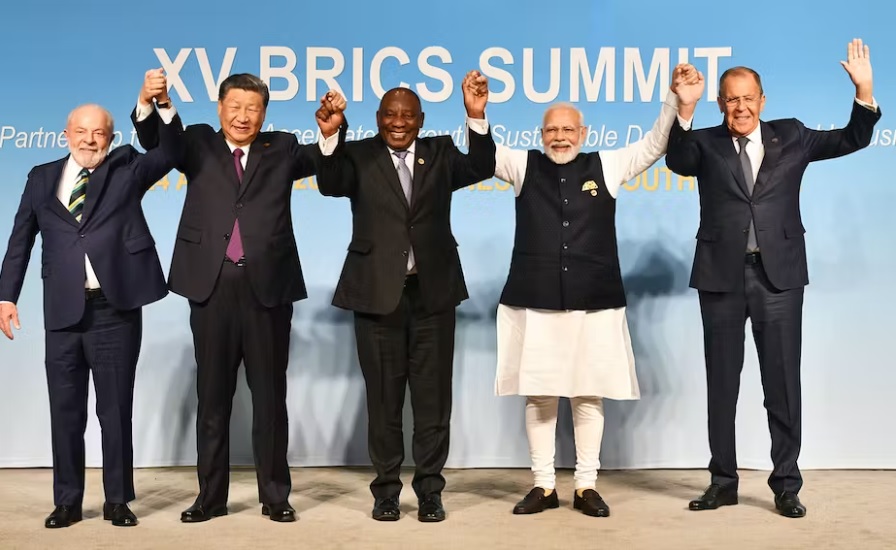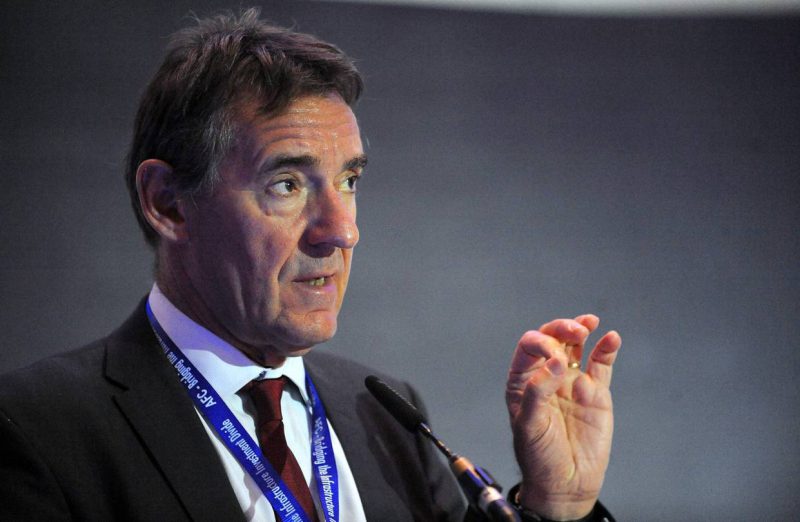Following the expansion announced at the 2023 Annual Summit, the economist who coined the BRICS term, Jim O’Neill, has stated that the bloc’s political focus lacks purpose. Indeed, O’Neill discussed the evolution of the economic alliance and how it has drifted from his original intention.
O’Neill was speaking at ETF Stream’s ETF Buyer London event, where he discussed the bloc’s recent developments. There, he assured that he “never encouraged” the group to become “highly political,” as they have become in recent months. Additionally, he questioned “what fruitful purpose it serves other than being a club that the US is not a part of.”


Also Read: Could the BRICS Currency be More Attractive than the US Dollar, Pound, or Euro?
Jim O’Neill Questions BRICS Purpose Amid Politically-Driven Expansion
In 2001, Jim O’Neill first coined the term BRIC while working for Goldman Sachs. Then, the term referred to Brazil, Russia, India, and China and their emerging economies. Subsequently, O’Neill predicted that the collective would soon surpass the G7 as the strongest economic bloc on the planet. Now, the term has been taken to mean something more.
Amid the bloc’s decision to expand to another seven countries, their position has shifted. Thereafter, Jim O’Neill has questioned if the BRICS bloc’s renewed political focus lacks a certain purpose. Specifically, he articulated that a politically-minded economic alliance was never part of his intention in crafting the bloc.


Also Read: BRICS Plan for New Cyberspace Reinforces Digital Finance Focus
“The way BRICS has developed in emerging markets is not really what I intended. I never encouraged them to develop a political club,” O’Neill stated. “It has made the framework much more durable and has added to its longevity. The recent decision to expand has now become highly political, and I am not sure what fruitful purpose it serves other than being a club that the US is not a part of.”
Interestingly, BRICS has sought competition with the Western world in hopes of creating a multipolar global order. However, O’Neill appears to be referencing that motive as a downfall for the bloc. Its focus on decreasing US influence internationally may offset any positives in its overall development as an economic collective.





